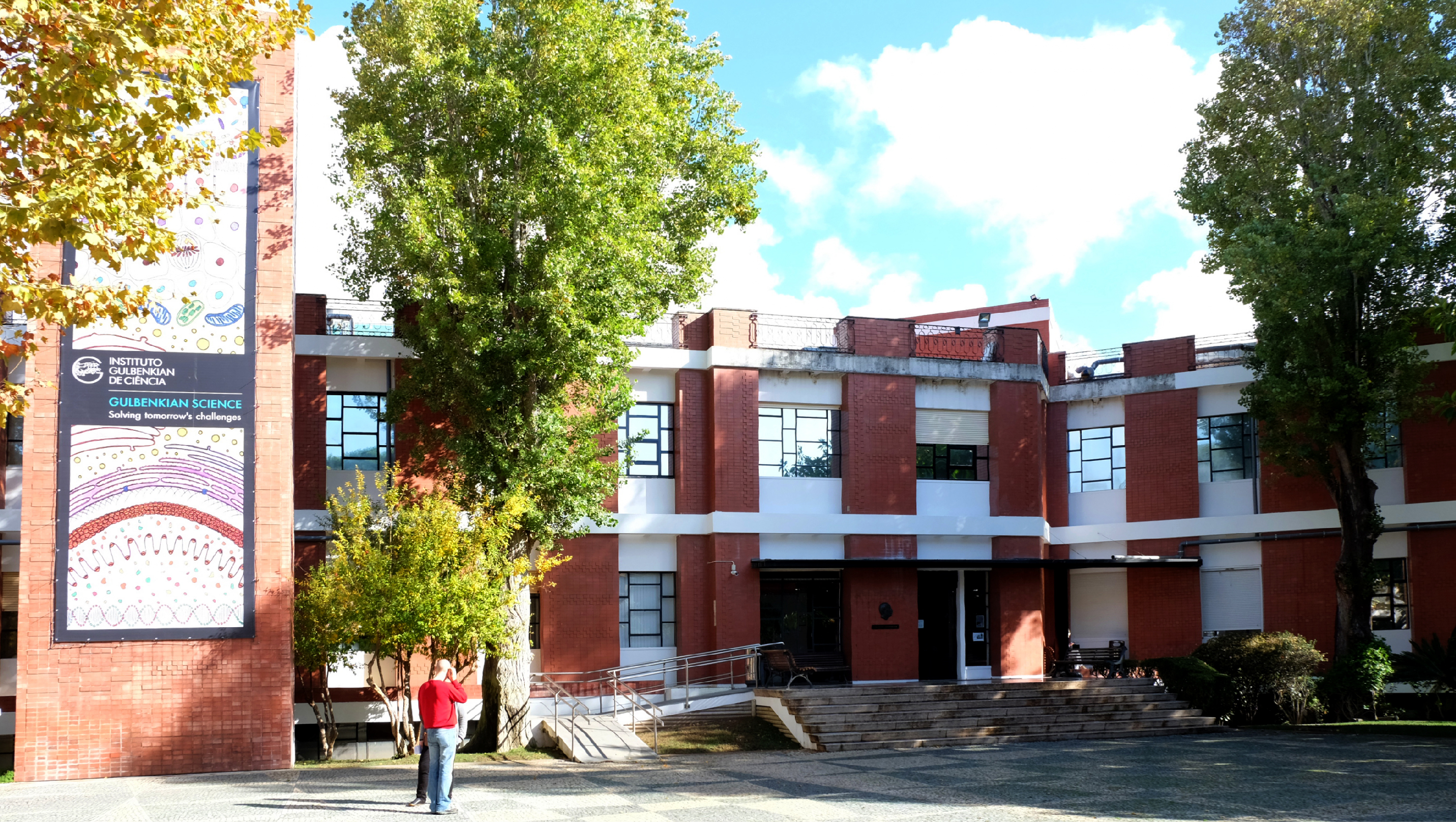GIMM – Gulbenkian Institute for Molecular Medicine
The Gulbenkian Institute for Molecular Medicine (GIMM) is a pioneering and recently created research institute in Portugal, born from the merger of two leading scientific institutions: the Instituto Gulbenkian de Ciência (IGC) and the Instituto de Medicina Molecular João Lobo Antunes (iMM).
GIMM is dedicated to advancing life sciences and biomedical research, with a focus on fundamental discovery, translational innovation, and improving global health outcomes. Guided by its mission to challenge scientific frontiers and transform knowledge into real-world impact, GIMM fosters interdisciplinary collaboration and inspires excellence in the next generation of scientists.
With its unique approach, GIMM bridges science and society, addressing urgent health challenges and shaping the future of healthcare on a global scale.


Rua da Quinta Grande, 6 P - 2780-156 Oeiras

“In a world where fake news and extremism try to dominate public opinion, scientific institutions carry the moral responsibility of upholding the highest standards of integrity. The pursuit of excellence in fundamental research not only enables the production of groundbreaking outputs but also results in substantial societal benefits. The EU-LIFE initiative is a bold step forward in developing, implementing, and sharing best practices in scientific activities and organisational management of scientific institutions. By aligning with these goals, we can confidently impact the public perception of scientific endeavours and inspire a better future for all."
Moises Mallo, Chief Scientific Officer of GIMM
Facts and Figures
556
researchers
35
nationalities
38
research groups
11
Scientific & Clinical Platforms
9
Strategic & Operational Platforms
